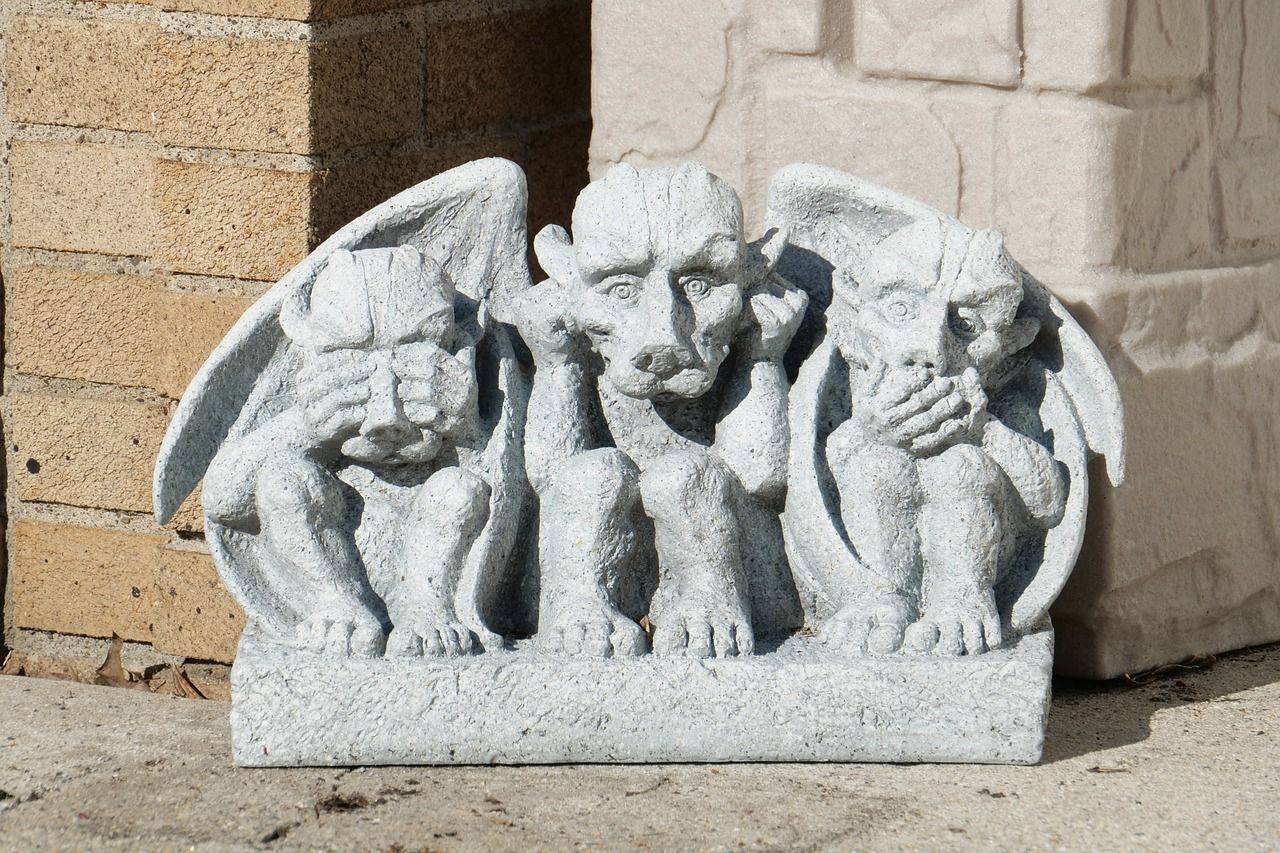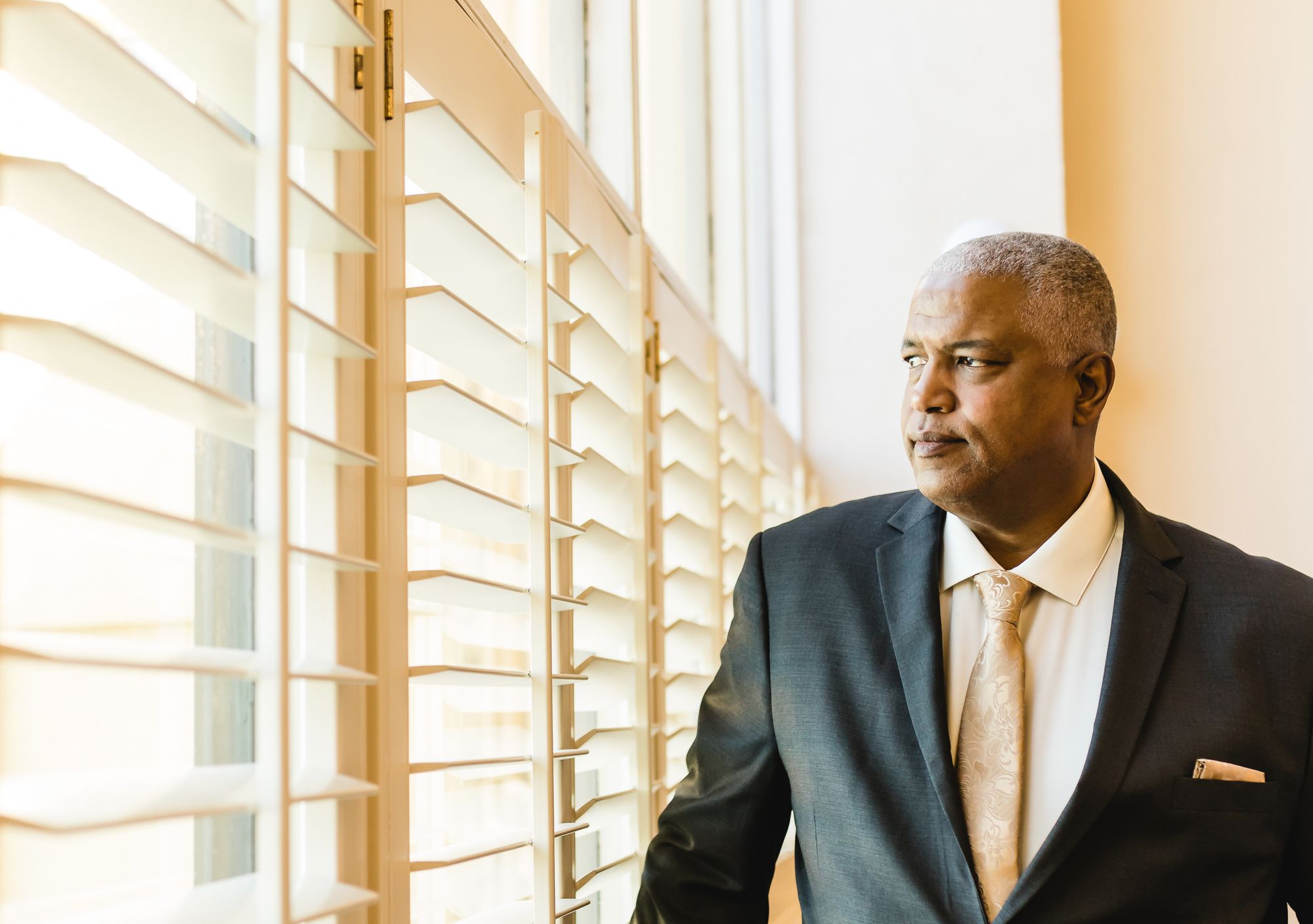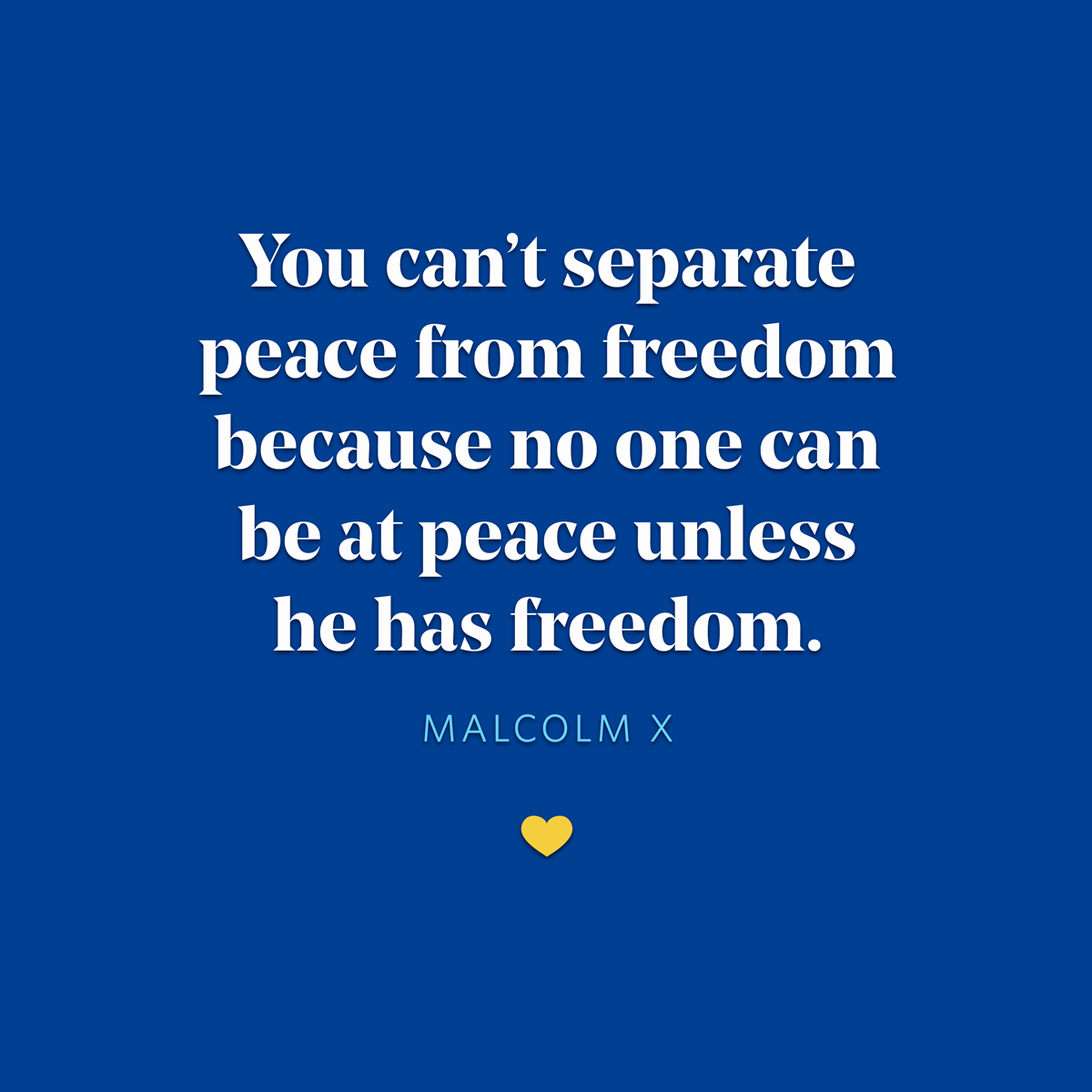|
OHF Weekly, Vol. 5 No. 28: Editor’s Letter, “With Racism, Absolution Is Not the Solution,” “What “Benefits” Accrued to the People Who Gained Skills as Enslaved People?” and a quote by Malcolm X. Editor’s Letter💛 Hey Reader, Racism is everywhere. And it’s in full bloom in Florida. Don’t get me wrong, I’m not looking for a racist around every corner or a Klansman hiding behind every tree. But there is no denying racism and bigotry exist, and their impact is far-reaching. This week we published two extraordinary articles that speak to current attempts to whitewash, if not erase, accurate Black history accounts. One by longtime OHF Weekly writer and fan favorite William Spivey. In “What ‘Benefits’ Accrued to the People Who Gained Skills as Enslaved People?” Mr. Spivey takes a rather stoic yet scathing look at the Florida Board of Education’s assertion that enslavement wasn’t so bad, after all “ . . . slaves developed skills which, in some instances, could be applied for their personal benefit.” Say what now?! Learning about pivotal moments when someone decided to support Black, Indigenous, and People of Color, racial equity, and the like, never gets old.
To propagate such lies and downplay the abject horrors of slavery is an insult to every enslaved African who lived on these lands and their descendants. And frankly, it enrages me, especially when vestiges of slavery are writ large across this country. The other article, J. Gray’s OHF Weekly debut, “With Racism, Absolution Is Not the Solution.” Ms. Gray opines how some of us are trying to share the problems that accompany racism, while others are not looking to problem-solve. Instead, they’re looking “to be set free of any responsibility for the problem.” Ms. Gray’s observations are deliberate, clear-eyed, and unflinchingly honest. No doubt, some folks will take issue with the article because . . . well . . . as the saying goes, a hit dog will holler.  For me, the challenge in writing about racism lies in the fact there is no shortage of racially motivated acts perpetrated against Black, Indigenous, and People of Color—on both individual and system levels. None. Occasionally, I’ve been so overwhelmed that I’ve had to step away from the news and social media to maintain some semblance of positivity about mankind. That there is the main reason I focus my writing on interpersonal interactions and broadening people’s view of themselves, the world in which they live, and the variety of lived experiences humans have. Learning about pivotal moments when someone decided to support Black, Indigenous, and People of Color, racial equity, and the like, never gets old. Never. Something visceral happens to me when I listen to someone recount when they realized that racism and its effects were not only real but damaging. And probably more important are the undeniable truths, the nuggets of wisdom they’ve learned along the way that have helped them become better humans. That, my friend, is the good stuff. That is where the magic happens. The beauty here lies in the fact that this change can happen to anyone if they want it. And it’s even more remarkable when people least expect it. I’m a longtime believer that people can begin abandoning racist thoughts and actions when they want to, when they believe change is possible, and when they know how. Why do I believe this to be true? Because I’ve seen it happen. I’ve witnessed it more than a time or two to know that it’s not a chance occurrence. In fact, at least two OHF Weekly writers come to mind who have written about their experiences leaving conservative evangelical and hardcore racist upbringings, as well as several OHF Weekly readers who are diligently working to increase their understanding. Underneath all the prejudicial “crap” people have learned, in their heart of hearts, they know the truth. Everyone does—and I do mean everyone. But white supremacy and the pressure to belong to certain in-groups is strong, especially among family members. When folks who were brought up to subscribe to racist beliefs about Black, Indigenous, and People of Color discover from firsthand experience that they’ve been sold a false bill of goods, that their own firsthand interactions with said people are different from what they’ve been told, that’s the foundation of cognitive dissonance, and more often than not—change. The problem becomes do they believe the truth of what they’ve experienced or the falsehoods with which they’ve been indoctrinated. It's like, once you’ve learned that one plus one equals two, it’s a bit hard to believe otherwise.  Broadening people’s perspectives is what we at Our Human Family, Inc. strive to achieve in our publications. That’s our raison d’être. It’s been our purpose from the beginning. We understand that while we all live in the same world, we all do not experience the world the same way. We all haven’t been afforded the same opportunities and certainly don’t face the same challenges. Due to different physical, psychological, and socio-economical circumstances, it’s foolish to think everyone has the same experiences or access to opportunity. But these experiences have a common thread: they are human experiences. We share stories our readers might otherwise miss in the hopes that you, our readers, will realize that we have more in common than separates us. You see, at our core, we all want to be accepted, understood, and loved. I was speaking with a friend this week about Our Human Family (Inc.) and our mission. All the while, this week’s articles were rolling around in the back of my mind. It dawned on me that our publications are giving people the opportunity to see glimpses of themselves in our articles, to provide the stories of people who’ve struggled to make the jump to a more equitable worldview, the stories of people who’ve failed miserably, and the stories of people who are still on the journey to the other side. Once you see someone as human, you can never unsee their humanity
It’s easy to succumb to the belief that the problem is too big, too wide, too deep for us to make a dent in it. If you believe that, then it’s true—for you. Granted, the journey is long and riddled with false starts and missteps, but we must continue. Looking back, we've come too far to throw in the towel. And why do some people live a life committed to racial equity, allyship, and inclusion? The specific reasons are as numerous as there are people who make that decision. Basically, it comes down to this: At some point in their life, it became a priority to them. Maybe at some point, they identified with being on the receiving of injustice. Perhaps they want to make the world a better place for a loved one. Who knows? It became a pursuit they deemed worthy, much like choosing to marry someone, or electing to give up alcohol/drugs once and for all, or choosing to live a healthier lifestyle. The point is it’s something they have chosen to commit themselves to. It’s like this, once you see someone as human, you can never unsee their humanity. like so many who have come before us, these folks I’m referring to can imagine a better world, and they want to hasten its arrival. People commit to these decisions because the endgame far outweighs any real or imagined inconvenience. Period. But we have to be smart and play the long game. Love one another. Clay Rivers
OHF Weekly Editor in Chief
New This WeekWith Racism, Absolution Is Not the SolutionBy J. Gray My mom was a first-grade teacher, and as a result, much to my chagrin, I know the words of every single patriotic song ever written. I also know a lot of “sayings,” one of them being “the only way over is through.” I’ve had a lot of conversations about race with white people over time. I’m a child of the Civil Rights Movement and was on the front lines of the country’s faux attempt to end segregation. Owing to that, I have been on the front lines of desegregation as the first Black person to pioneer into a lot of white spaces, including towns, school districts, schools, and the like. I’ve talked to a lot of people about race. But I’m almost sixty, I can’t have this conversation again with one more person. I thought I’d use this space as an opportunity to explain once and for all. Much of the time, these “conversations” are non-conversations. There’s no real sharing or building. Instead, it seems like we’re talking at each other. It’s not unfriendly. Ostensibly, we’re on the same side. But it does seem like we both have conflicting agendas. Some of us are trying to be heard, trying to share the reality and true ramifications and human costs of racism not just in the past but in the present. And others seem to be looking for absolution, to be told that they’re good, that they’re not like the other white people. They’re not looking to problem solve. They’re looking to be set free of any responsibility for the problem. Read the complete article at OHF Weekly.
What “Benefits” Accrued to the People Who Gained Skills as Enslaved People?By William Spivey 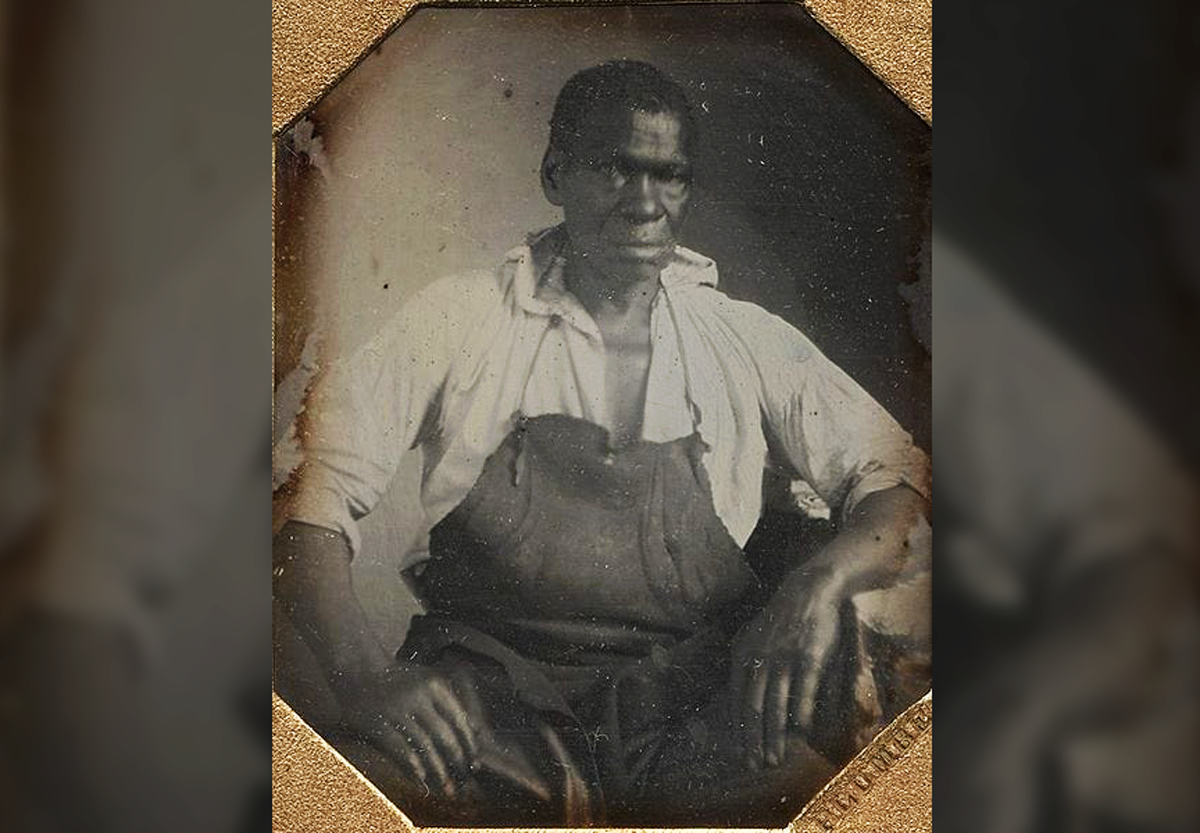 Daguerreotype of Isaac Granger, Blacksmith for Thomas Jefferson: unattributed, Public domain, via Wikimedia Commons. The debate is raging about whether or not enslaved people accrued some benefit from having learned skills during slavery. There’s little question that Black people did all kinds of work while enslaved. They were mechanics, carpenters, blacksmiths, domestic workers, and tailors, as well as doing agricultural work. The State of Florida points this out to us in their State Academic Standards, suggesting some benefitted from the training they received as slaves. It should be pointed out that African enslaved people brought some of their own expertise to America, especially in agriculture, music, and art. SS.68.AA.2.3 Examine the various duties and trades performed by slaves (e.g., agricultural work, painting, carpentry, tailoring, domestic service, blacksmithing, transportation). Benchmark Clarifications:
Clarification 1: Instruction includes how slaves developed skills which, in some instances, could be applied for their personal benefit.
Depending on where they were, formerly enslaved people could indeed utilize those skills, but it rarely worked out well for even the most skilled among them. Freedom came to one group of enslaved people in the nation’s capitol via the DC Compensated Emancipation Act of 1862. Three thousand one hundred slaves were freed and released, among them a mix of all the skills listed above. Their white owners were given reparations, and some freed people took the compensation offered if they agreed to be exported to Liberia. President Abraham Lincoln hoped to export almost all formerly enslaved people, but Frederick Douglass and others convinced him otherwise — only after he tried it and failed, however, on Cow Island off the coast of Haiti. Almost thirty years earlier, in 1835, free entrepreneur Beverly Snow owned an Epicurean Eating House that had gotten too successful. Anti-abolition forces looted his restaurant and destroyed other Black businesses during the Snow Riot (it wasn’t a riot). Washington, DC, had been experiencing labor issues, including the 1835 Washington Navy Yard labor strike. In addition to discontent with hours worked and limited lunch privileges, white caulkers were upset about free Black caulkers, who they felt were taking jobs they were entitled to. There was a rumor that Snow made a comment about a white mechanic’s wife; the mechanics destroyed Snow’s restaurant, drinking all the liquor while they were there. Mobs of white men attacked the remaining Black-owned businesses, churches, and schools. Snow and other Black businessmen were forced to flee. Being a free skilled Black person was no advantage in Washington, DC. Read the complete article at OHF Weekly.
For more on William SpiveyBe sure to read his “OHF Family Tree” interview.
“Fieldnotes on Allyship: Achieving Equality Together”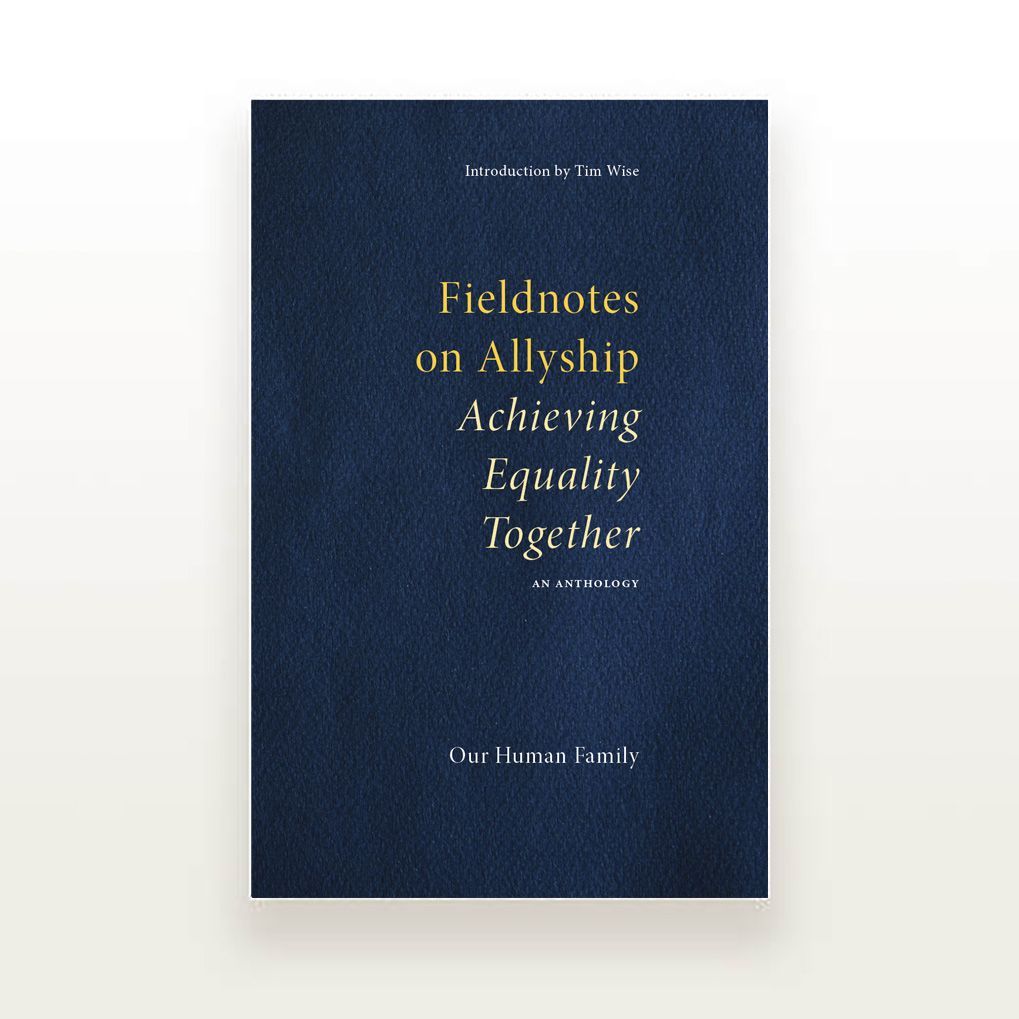 Our Human Family’s anthology, Fieldnotes on Allyship: Achieving Equality Together.” Available everywhere. The BookFieldnotes on Allyship: Achieving Equality Together is an informal and informative guide to becoming an effective ally and covers four areas: 1) how we as a nation got here, 2) identifying the forces that maintain systemic racism, 3) preparing to be an ally, and 4) serving as an ally. The DetailsThis original anthology written by eighteen authors from the United States and around the world. They include anti-racism activists, authors, anthropologists, artists, a Masters Athlete, college professors, retired Navy, a lawyer, mothers, fathers, daughters, sons, sisters, and brothers, all of various ethnicities. Fieldnotes on Allyship is the first collaborative effort of your friends at OHF. The writers include: Want to Read an Excerpt?No problem! We can do that—enjoy! Excerpt from Fieldnotes on Allyship: Achieving Equality Together. AvailabilityFieldnotes on Allyship: Achieving Equality Together is available in print at Amazon for $14.99. The digital versions for Kindle-ereaders and iPad/iPhone and Nook devices can be found at ourhumanfamily.org for $7.99; that’s 20% less than anywhere else on the internet. We hope you enjoy this labor of love for humanity as much as we had producing it. Fieldnotes on Allyship: Achieving Equality Together, available in print, and for iPad, Nook, and Kindle. Digital editions available in Australia, Canada, France, Germany, Italy, Japan, Mexico, and the United Kingdom.
Final Thoughts
|



